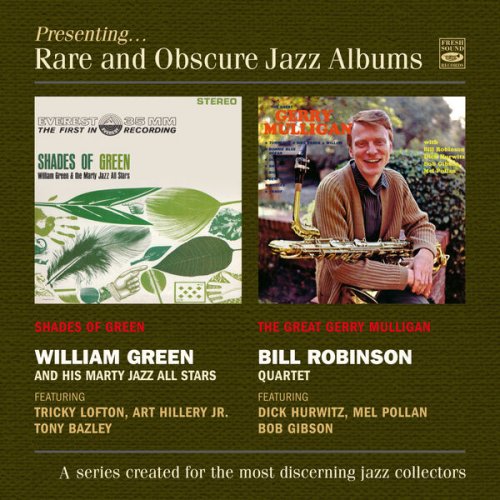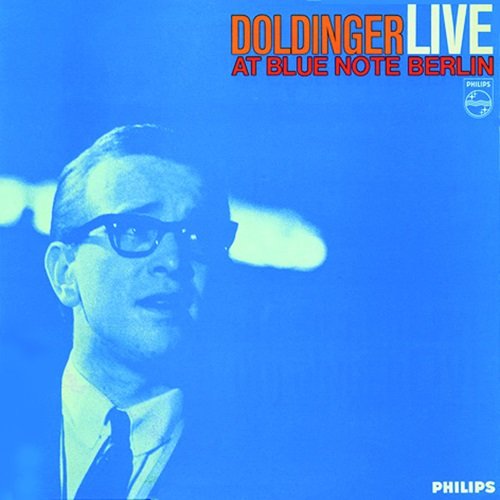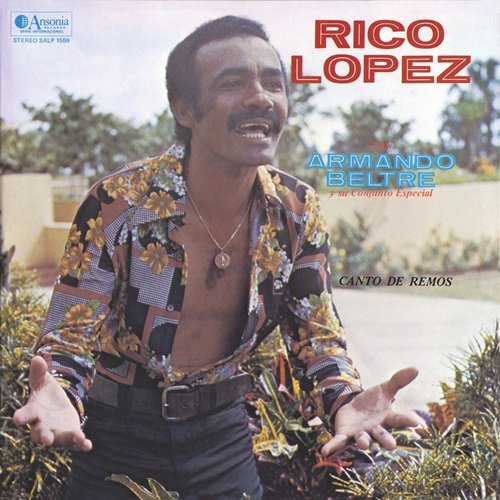Laura Dreyer - Vida. Arte. Amor (2014)

Artist: Laura Dreyer
Title: Vida. Arte. Amor
Year Of Release: 2014
Label: MAYIMBA JAZZ
Genre: Jazz, Smooth Jazz, Bossa Nova
Quality: flac lossless (tracks)
Total Time: 01:18:28
Total Size: 487 mb
WebSite: Album Preview
TracklistTitle: Vida. Arte. Amor
Year Of Release: 2014
Label: MAYIMBA JAZZ
Genre: Jazz, Smooth Jazz, Bossa Nova
Quality: flac lossless (tracks)
Total Time: 01:18:28
Total Size: 487 mb
WebSite: Album Preview
01. Caminhos Novos
02. Beauty & The Beast
03. Ping Pong
04. Vale La Pena El Placer (Portuguese Version)
05. Beijo Do Sol (Rio Version)
06. Spring St.
07. Vale La Pena El Placer
08. O Outro Lado Do Seu Amor
09. Perdendo Voce
10. A Sombra Se Foi
11. Until Daybreak (feat. Terry Culbreth)
12. Arcade
13. A Dança Dos Cachorros
14. Perdiéndote
Every once and awhile an artist comes around to surprise everyone with the proficiency in an idiom naturally foreign to him or her. The saxophonist and flutist Laura Dreyer is one such artist. The Portuguese idiom of Brasil comes so naturally to her that she could almost fool even the most astute listener into believing that she is Brasilian. Such is her amazing proficiency in Brasilian rhythms—for that is what foxes most players. It is relatively easy to pick up on a melody, but when it comes to rhythm—and there are numerous complex beats and pulses that are employed in Brasilian music—it is often possible for musicians to misstep in the rhythm of the melodic line. The Brasilian Leo Gandelman and of course the late and legendary American Stan Getz make/made it sound so easy that many musicians believe it to be possible to play Brasilian music at the push of a button.
But Laura Dreyer has a special gift. It comes through in her wonderful composition “Ping Pong,” a smartly conceived “marcha” incorporating the “maracatu” rhythm gives notice that Ms. Dreyer has the soul of a Brasilian. This is strong claim to make, but then the wonderful manner in which the composition unfolds from chorus through soli and then choruses again is evidence enough. Still there is much more to show on this recording that is well worth the listening and to testify of Ms. Dreyer’s authenticity as a musician of considerable talent for the Brasilian rhythmic metaphor and for music in general. As a saxophonist Ms. Dreyer’s sonorities are clear and penetrating but never strident, and lend themselves both to the music and to the Brasilian technique. Again, her accompaniment of the wonderful Débora Watts on her vocals, especially on A Dança Dos Cachorros is truly exquisite. Both vocalist and flutist are so completely in synch that they seem to impart a gentle lilt to the rhythm that gives a sense of air between the notes.
Again, it is not often that an alto saxophonist also switches to soprano saxophone; more tenor saxophonists find the switch easier on embouchure. The reason is that it requires a remarkably acute technique that it is rare to find such a combination as with Laura Dreyer. However, not only does she have great facility with both instruments but her miniscule fingering technique creates sustained, vocally-oriented lines. Thus she conveys the music’s improvisatory nature and plunges into the main tempos with a sweep and gusto that is refreshing and often awe-inspiring. While the recording revolves around the saxophonist and flutist, other musicians make wonderful contributions as well. For instance trombonist Aldivas Ayers’ superb technique and expression stands him in good stead every time he is called upon to share the limelight. Such is the beauty of this music that when the disc is done it leaves the listener wanting so much more from this talented musician and her ensemble.

![Ingrid Jensen - Landings (2026) [Hi-Res] Ingrid Jensen - Landings (2026) [Hi-Res]](https://www.dibpic.com/uploads/posts/2026-02/1772179914_cover.jpg)

![VA - From the Archive Vol. 3... compiled by Volcov (2026) [Hi-Res] VA - From the Archive Vol. 3... compiled by Volcov (2026) [Hi-Res]](https://www.dibpic.com/uploads/posts/2026-02/1772033794_a3743742618_10.jpg)

![Fabiano do Nascimento - Vila (2026) [Hi-Res] Fabiano do Nascimento - Vila (2026) [Hi-Res]](https://img.israbox.com/img/2026-02/26/o4t38f6qf24pvc3bqzanbhsz3.jpg)


